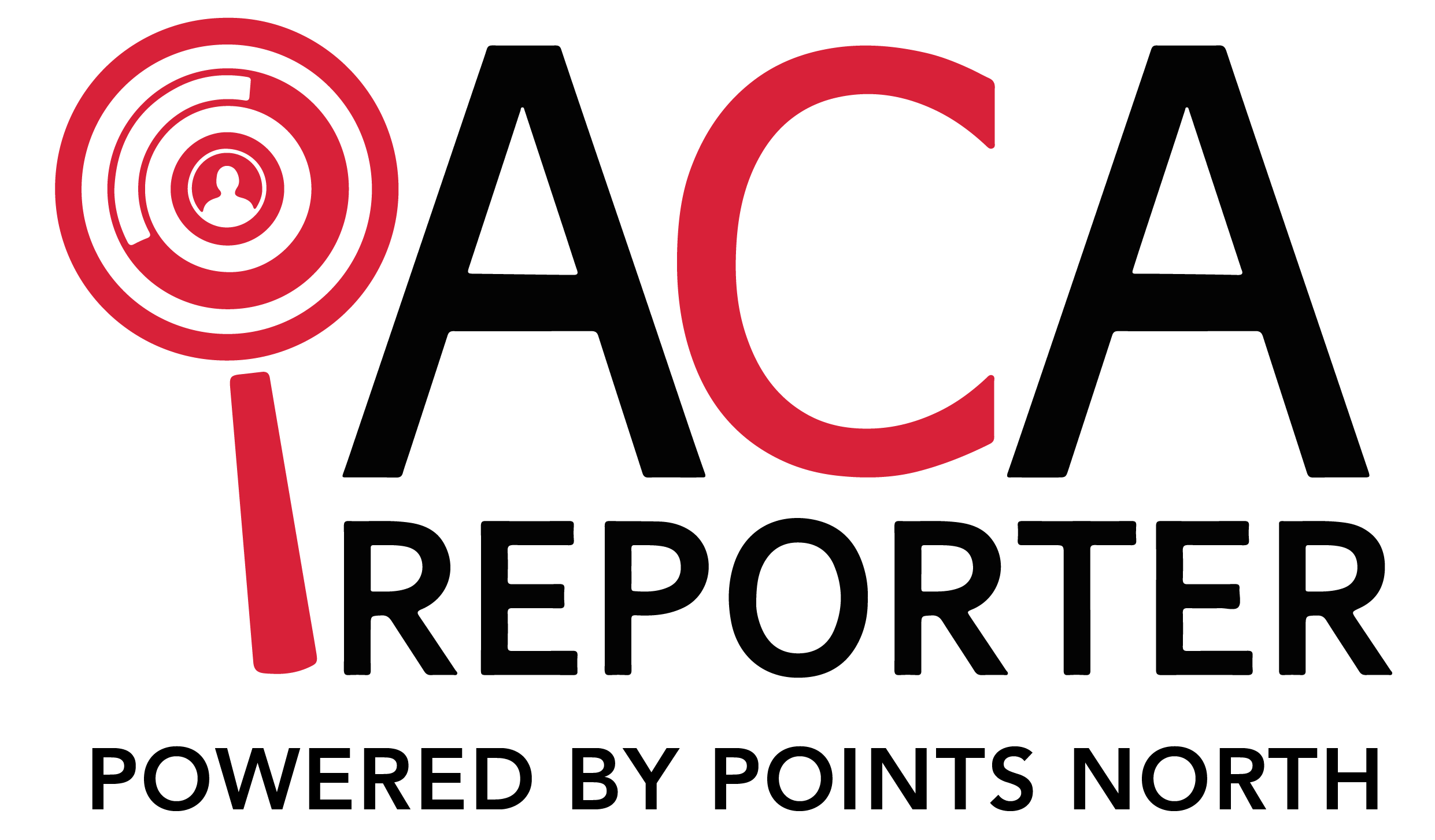The Affordable Care Act (ACA) introduced complex healthcare regulations that employers must comply with. As the law continues to evolve, HR and payroll professionals are on the frontlines of ensuring their organizations stay compliant with reporting requirements. With potential fines and penalties at stake for noncompliance, it’s crucial that HR managers understand the ACA compliance regulations for employer reporting.
HR’s Guide to ACA Reporting Compliance
HR employees lead the charge in ACA compliance for their companies. They are typically involved in several reporting requirements under ACA regulations. Each year, HR must track data on healthcare coverage offers, affordability, enrollment status and more. They are also responsible for generating, reviewing and filing requisite ACA forms with the IRS.
With evolving ACA rules and regulations each year, HR managers have their work cut out for them. Staying on top of the latest requirements takes diligence. Noncompliance with reporting can lead to penalties, so HR employees must make ACA HR compliance a top priority even while trying to juggle other crucial tasks.
What HR Needs to Stay on Top of Company Compliance
HR professionals carry immense responsibility when it comes to ACA compliance for their organizations. There is a broad range of reporting requirements and regulations they must fully comprehend and execute.
With compliance involving ongoing tracking, calculations, form generation and filing, record-keeping, and more, HR teams have their work cut out for them. These teams end up holding extensive ACA knowledge, managing tasks such as analyzing impacts, devising strategies, and diligently executing critical requirements. Some of these requirements for ACA employer reporting include:
- Tracking and Reporting Offers of Coverage - Determine which employees qualify as full time under ACA. Track and record details on health coverage offers made to full-time employees and dependents. Report this data on Forms 1094-C and 1095-C.
- Monitoring Affordability of Coverage - Calculate if health plans offered meet ACA's affordability standard. Employees' contributions for self-only coverage must not exceed the IRS-set percentage of household income, which is subject to change from year to year.
- Managing Enrollment Status - Keep records on full-time employees' and dependents' (if self-insured) enrollment in offered health plans. Track changes in enrollment status.
- Filing Paperwork - Responsible for generating, reviewing, distributing and filing required ACA forms (1094-C, 1095-C) according to IRS deadlines.
- Record-Keeping - Maintain detailed records demonstrating ACA HR compliance for each calendar year.
- Staying Updated on Changing Rules - Keep track of the ever-evolving ACA regulations each year. Don't rely on old information.
How HR Can Help Ensure Employer Compliance
Given the intricacies and fluid nature of ACA regulations, executing on required reporting in an accurate and timely way is no simple task. HR departments need to have rigorous strategies and processes in place to successfully comply with their ACA obligations year after year.
Establishing smart practices and protocols is key to effectively managing the complexities of ACA HR compliance. This includes understanding regulatory changes, implementing robust tracking processes, nailing down calculations, allotting sufficient time, and meticulous record-keeping. With so much at stake, investing the time to build a strong framework for ACA reporting is crucial.
Here are some best practices:
- Get Familiar with the Latest Rules - Stay up to date on evolving ACA regulations each year. Subscribe to newsletters, take training courses, and read compliance blogs. Don't rely on old information.
- Track All Employees Accurately - Carefully track full-time status, coverage offers, affordability and enrollment/waiver confirmations for all employees. Document everything thoroughly.
- Calculate Affordability Correctly - Improper affordability calculations are a common error. Use ACA’s formula to avoid mistakes. Seek help if needed.
- Start Early - Give yourself plenty of time to gather data, generate forms and correct errors before deadlines hit.
- Review Forms Thoroughly - Scrutinize all ACA forms for errors before filing, or penalties could result. Enlist help from HR staff or advisors.
- File On Time - Don't miss tight IRS deadlines for distributing forms to employees and filing with the agency. Set calendar reminders to stay on track.
- Document Everything - Keep detailed records of all ACA compliance activities, including how figures were calculated. Documentation is key.
With all the complexities of ACA compliance, it isn’t uncommon for errors to occur. However, noncompliance with ACA employer reporting can trigger substantial fines from the IRS, including hundreds of dollars per incorrect or incomplete form. HR professionals have to be meticulous and thorough to avoid these errors and should consider implementing software solutions to help them not only save time but to avoid manual mistakes.
Given what's at stake, partnering with an ACA compliance software company like ACA Reporter offers HR managers peace of mind. This automated solution handles time-consuming reporting tasks like tracking employees, calculating affordability/codes, generating forms, managing the ACA lifecycle, and electronically filing with the IRS. Its dashboard flags potential issues so HR can proactively fix problems before filing. For simplified, accurate ACA reporting, contact us today!



.png)

.png)